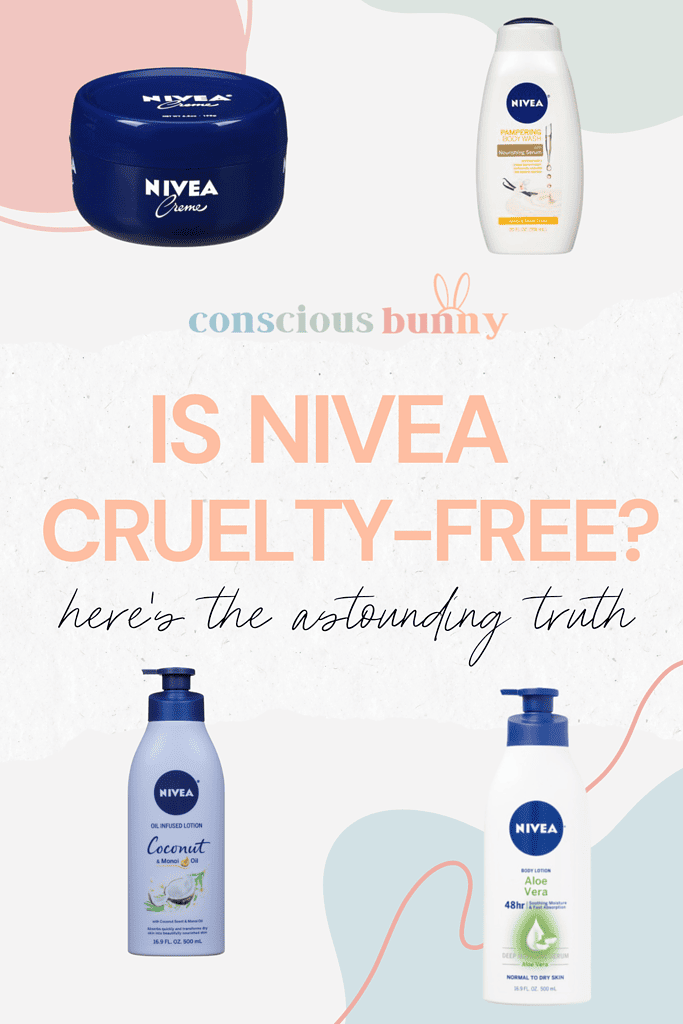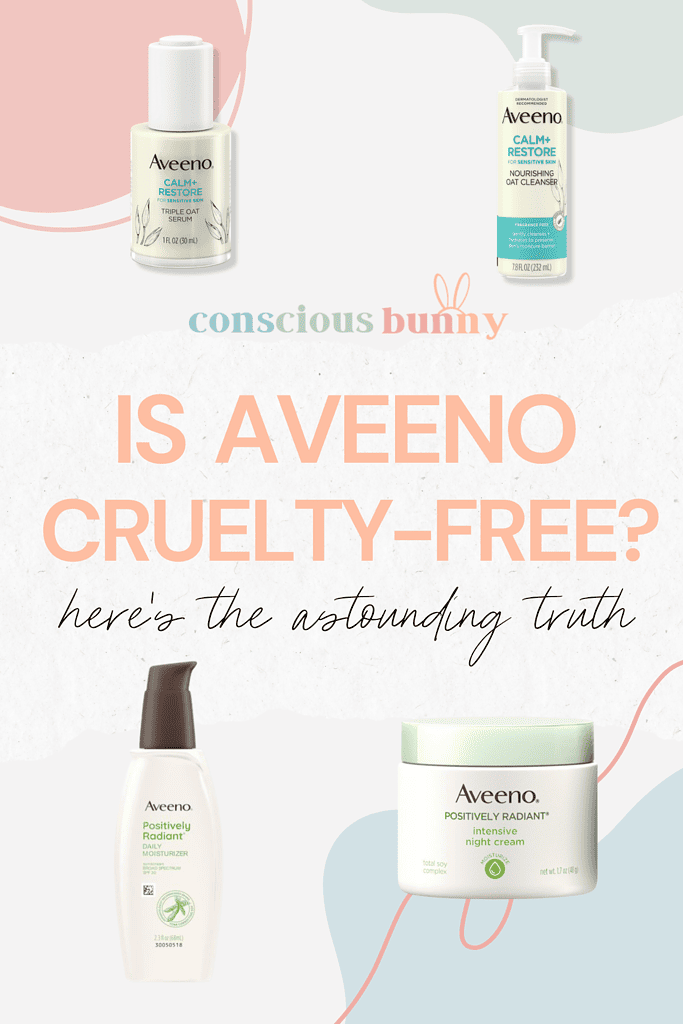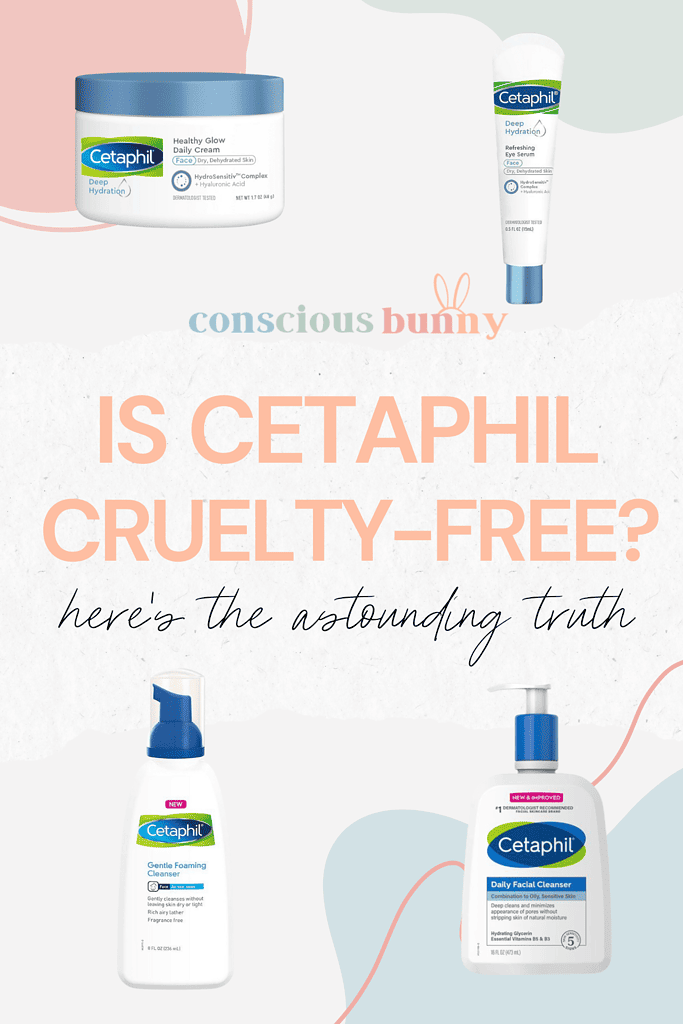This post may contain affiliate links. For more information, read the full disclosure here.
The idea of living a cruelty-free and vegan lifestyle has recently gained a lot of traction as more and more people become aware of animal suffering and the impact of animal products on the environment.
Consumers are increasingly looking for brands committed to animal welfare and the environment, creating a demand for cruelty-free and vegan products.
Many companies have responded to this demand by offering products that are free from animal testing and animal-derived ingredients. But how can you tell if a brand is truly cruelty-free and vegan?
And in this case, specifically, is Dove cruelty-free? Let me help you find the answer.
The first step is to understand the difference between cruelty-free and vegan. Cruelty-free means that the products were not tested on animals, while vegan implies that the products do not contain any animal ingredients or byproducts.
Some companies claim to be both cruelty-free and vegan, while others may focus on one or the other.
In this article, I will share if Dove is cruelty-free, vegan, and/or sustainable. But also if it’s clean, non-toxic, fragrance-free, and/or paraben-free. This way, you can easily decide whether to buy their products.
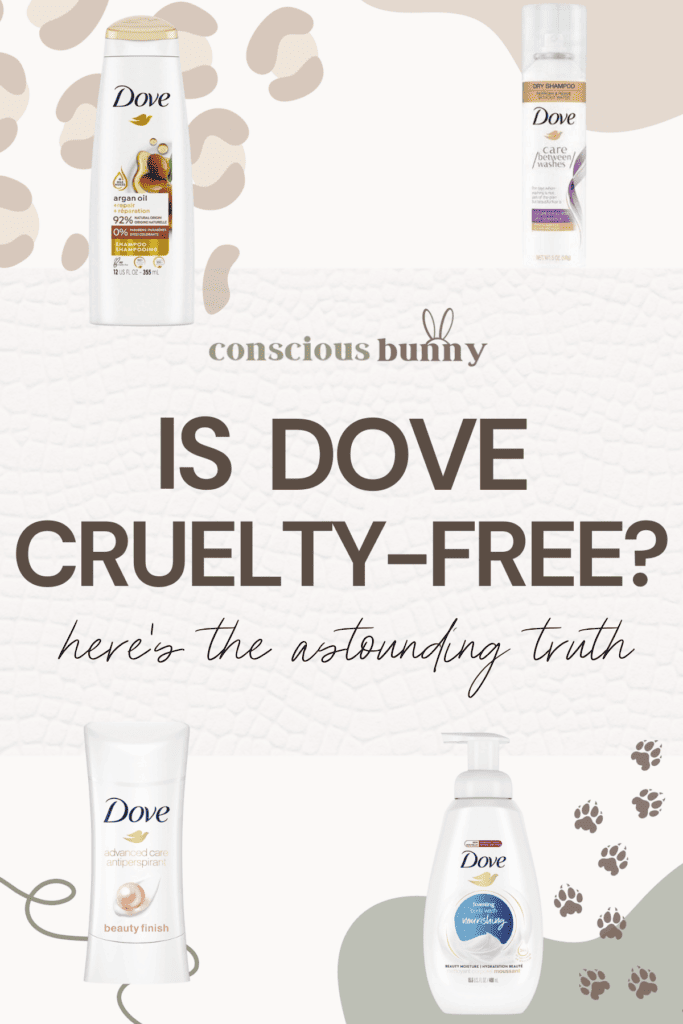
Is Dove Cruelty-Free?
January 2023 Update: Starting in 2023, post-market animal testing is no longer a threat to beauty brands in China, so companies can now enter the Chinese market without funding animal cruelty. Dove does not engage in animal testing in mainland China, and their products are not tested on animals at any point during production or beyond.
Dove is cruelty-free. Dove states that they are cruelty-free and does not test any of its products or ingredients on animals or ask others to test on its behalf. On top of that, they’re certified Cruelty-Free by PETA.
Dove sells some of its domestically-manufactured products in China. This used to mean that the brand was potentially risking animal testing in post-market; however, as of the mentioned change, this is no longer a risk. Even though Dove sells products in China, they’re now still cruelty-free.
Is Dove Owned By A Cruelty-Free Parent Company?
Dove is owned by a parent company that tests on animals. The parent company is Unilever, and this is not a cruelty-free company. Unilever states that they do tests on animals where required by law.
This policy makes them a company that still tests their products on animals, which is why Unilever isn’t considered cruelty-free.
Is Dove Sold In China?
Dove is sold in China, but Dove states that, through domestically-manufactured products, they can avoid animal testing. They bypassed the pre-market animal testing laws, but with recent changes, there is no risk at post-market animal testing either. Even though Wet N Wild is sold in China, they’re still cruelty-free!
Cruelty-Free Alternatives
| Skincare Brands | Makeup Brands |
| Skinfix | Kosas** |
| Derma E | MERIT** |
| Fenty Skin | Rose Inc** |
See more cruelty-free makeup and skincare brands here.
Is Dove Vegan?
Dove is not vegan. They might offer some vegan products, but they’re not 100% vegan, meaning their products contain animal-derived ingredients.
Non-Vegan Ingredients To Avoid
If you’re interested in going vegan regarding your beauty routine (or complete lifestyle), then I recommend checking the ingredients list on the following most well-known and frequently used animal-derived ingredients that you should avoid:
- Lanolin
- Beeswax
- Collagen
- Keratin
- Gelatin
- Carmine
- Guanine
- Honey
- Silk
- Squalene
- Animal fats/oils
Mind you; there are vegan versions of some of these ingredients. So, for example, if you spot Squalane on an ingredient list, it doesn’t have to be shark derived as it can be plant-derived too.
Vegan Ingredient Alternatives To Look For
There are many other vegan options for animal-derived ingredients. Squalene can be derived from plants such as olives, wheat germ, and amaranth, while collagen can be derived from sources such as seaweed and algae.
Carmine can be derived from vegetable sources such as beetroot and carrots. Lanolin can be replaced by vegetable oils, such as shea butter, coconut oil, and olive oil. Beeswax can be replaced with plant-based waxes, such as candelilla wax, carnauba wax, and vegan wax.
Keratin can be replaced with plant proteins such as soy, wheat, and oat. Gelatin can be replaced with agar agar, carrageenan, and guar gum. Guanine can be replaced with synthetic mica or bismuth oxychloride.
Honey can be replaced with vegan honey substitutes, such as maple syrup and agave syrup. Silk can be replaced with plant-based fabrics, such as bamboo and hemp. Animal fats and oils can be replaced with plant-based oils, such as coconut oil, olive oil, and avocado oil.
Vegan Brand Alternatives
| Skincare Brands | Makeup Brands |
| Versed* | KVD Beauty* |
| Youth To The People* | Haus Labs* |
| Glow Recipe* | LYS Beauty* |
See more vegan makeup and skincare brands here.
Is Dove Considered Clean?
Yes, Dove is considered a clean beauty brand. They mainly use safe ingredients and are committed to reformulating formulas that still contain parabens, for example.
The term “clean beauty” is controversial because it isn’t regulated; this means that brands can slap ‘clean,’ ‘green,’ and ‘natural’ on their products whenever they want.
In broad terms, clean beauty products are those made without ingredients shown or suspected to harm human health (source: Goop) or the environment.
To me, clean beauty is defined by mindfully created products without any proven or suspected toxic ingredients. Clean beauty products include ingredients made with the health of our bodies, animals, and the environment in mind.
So to conclude: A clean beauty brand sells products that don’t contain harmful ingredients for humans, animals, and the environment. Keep in mind; It doesn’t mean a brand is vegan or cruelty-free.
Harmful Ingredients You Want To Avoid
Sadly, quite a few (actually… thousands) of harmful ingredients or ingredients that are suspected to be harmful to humans, animals, and/or the environment.
Some examples of the ingredients that don’t make the cut in clean beauty products are sulfates, silicones, phthalates, parabens, pesticides, petroleum derivatives, artificial coloring, and synthetic fragrances.
Is Dove Fragrance-Free?
Dove is not entirely (synthetic) fragrance-free. They do not use Lyrial, a synthetic fragrance ingredient commonly used to create floral notes, and have many fragrance-free options. However, they still have products that aren’t fragrance-free and only use a very small amount of each fragrance ingredient.
Dove always discloses fragrance on their labels, so if you’re sensitive or allergic to fragrance, check out the labels before purchasing.
Is Dove Paraben-Free?
Dove becoming fully paraben-free. Most of their products are already paraben-free, but they’ve used (safe) parabens in their “older” formulations. At this time, they’re working hard to reformulate these to provide fully paraben-free products.
Is Dove Sustainable?
Dove is committed to sustainability. Dove is wholly committed to creating sustainable and ethically sourced products.
Dove is committed to reducing its use of virgin plastic by more than 20,500 tonnes a year. They’re working on making their beauty bars’ packaging plastic-free and launching new 100% recycled plastic bottles. And they also have a refillable deodorant. (Source)
Sustainable Alternatives
| Skincare Brands | Makeup Brands |
| rhode skin | ILIA Beauty |
| The Inkey List | bareMinerals |
| Supergoop | Tower 28 |
See more clean makeup and skincare brands here.
How To Find Out If A Brand Is Cruelty-Free And/Or Vegan Yourself?
The easiest way to tell if a brand is cruelty-free and vegan is to look for third-party certification. Several organizations, such as Choose Cruelty-Free, Leaping Bunny, and PETA, offer cruelty-free certifications for companies that have agreed to adhere to their strict guidelines for animal testing.
Similarly, the Vegan Society provides a Vegan Trademark to companies that do not use any animal-derived ingredients in their products. Look for these certifications to sign that a brand is truly cruelty-free and vegan.
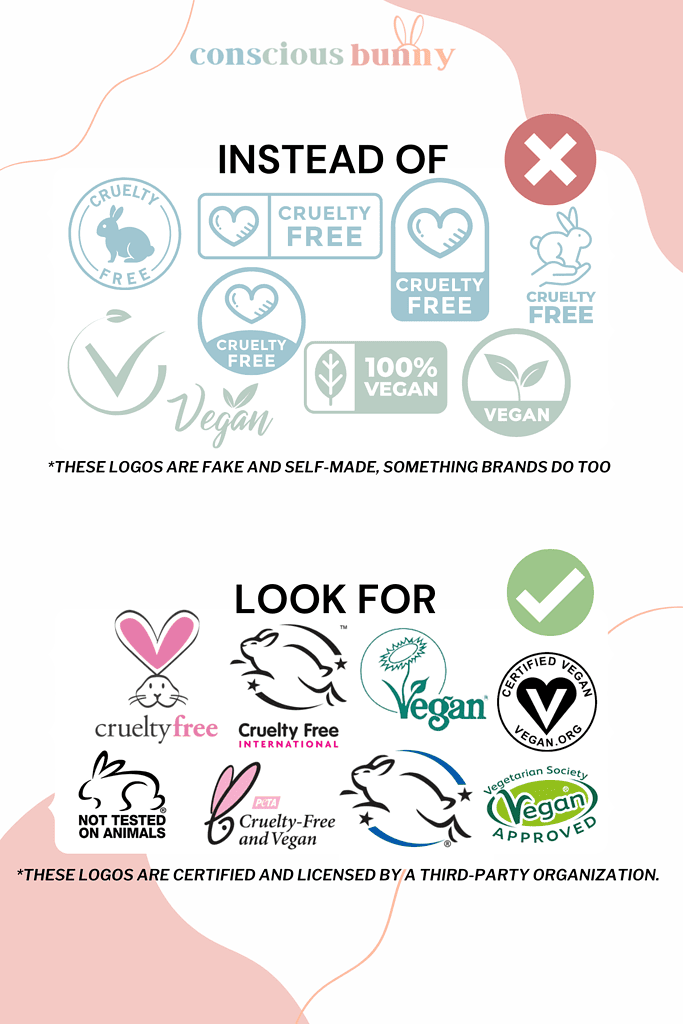
It’s also essential to look beyond the label. Many companies may claim to be cruelty-free and vegan but may not actually adhere to those standards.
Check the company’s website for information about their animal testing policies and ingredients.
| Questions |
| Does your brand test products or ingredients on animals? |
| Do the companies you get your supplies from, test on animals? How do you ensure they don’t? |
| Are there any other companies that test on animals for you? |
| Do you test on animals when the law says you have to? |
| In which countries can you find your products in physical stores (not counting online sales)? |
Finally, look for reviews from other cruelty-free and vegan consumers. They may have had firsthand experience with the brand and can provide insight into the company’s actual practices.
Moreover, they may be able to recommend alternative cruelty-free and vegan brands that meet your needs.
By following these steps, you can determine if a brand is truly cruelty-free and vegan. If you would like more information and tips, check out this cruelty-free makeup and skincare guide.
With more and more companies offering animal-friendly products, it’s easier than ever to find cruelty-free and vegan products that fit your lifestyle.
Conclusion
We found out the answer to the question “is Dove cruelty-free?” and the answer is yes, Dove is cruelty-free. Starting in 2023, post-market animal testing is no longer a threat to beauty brands in China, so companies can now enter the Chinese market without funding animal cruelty.
Dove does not engage in animal testing in mainland China, and their products are not tested on animals at any point during production or beyond.

